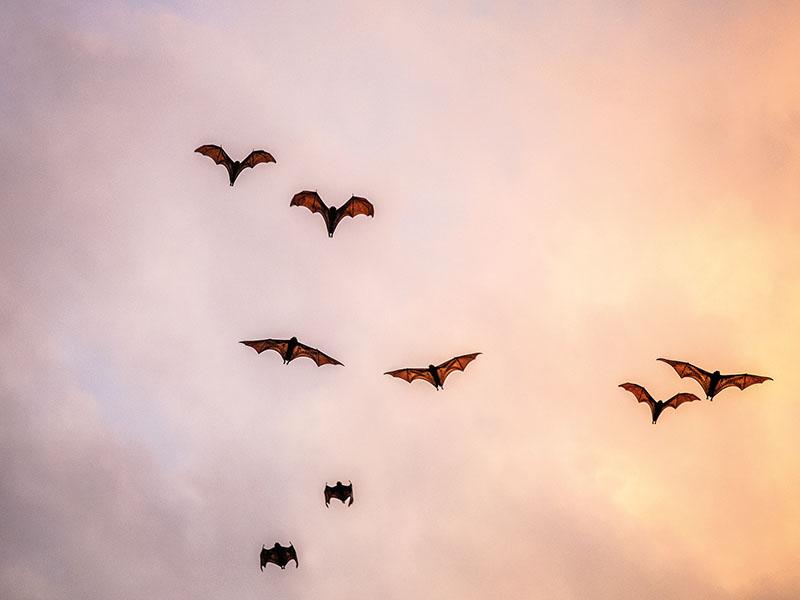These much-maligned creatures can live up to 40 years and provide a vital service by munching on pest insects as they flitter and dart across the night sky.
Where these animals are found is still a bit of a mystery so the University of Bath is looking for volunteers to take part in a project to locate bats across North Somerset.
All you need to take part in the six-night North Somerset Bat Survey is a smartphone or tablet and a bat detector, which can be borrowed for free.
The survey, running until Friday 3 November, is part of the South West Wildlife Monitoring Project, led by the Bat Conservation Research Lab at the University of Bath, working in partnership with us and the British Trust for Ornithology.
Volunteers who took part in last year’s survey recorded 16 bat species in North Somerset including Nathusius' pipistrelle, Brandt’s bat and the rare lesser horseshoe bat.
Once signed up using a simple online form, you select a square-kilometre survey site from a map showing North Somerset divided up into a grid.
After selecting a square, you reserve a state-of-the-art ultrasonic static bat detector to borrow from a Bat Monitoring Centre.
These are in various places across the area, including our libraries.
The equipment includes a detector, batteries, memory cards, and a full set of easy-to-follow instructions.
Once in position, the detector is triggered automatically by high-frequency sounds, so that every bat that passes through during the six nights will be recorded by the detector’s microphone, time-stamped and located by grid reference.
Different bat species produce unique sounds that can be identified using a computer program.
Once you’ve uploaded the detector’s memory card to the project’s website, you’ll receive a summary of the bat activity you’ve helped to capture.
To register, book equipment and learn more about the project, visit the Bat Conservation Research lab website.

